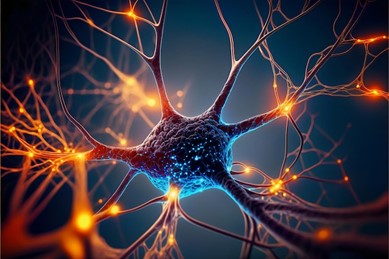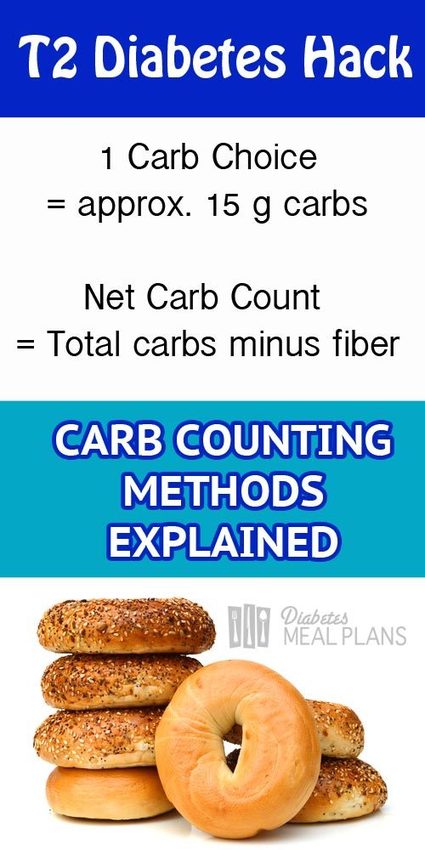Epilepsy is a neurological disorder characterized by seizures resulting from abnormal electrical discharges in the brain. Approximately one-third of epileptic patients do not respond well to conventional medications, making them refractory epileptics. This article explores the role of the ketogenic diet in managing epilepsy, its positive effects, and the types of epilepsy it can benefit.
The Role of the Ketogenic Diet in Epilepsy Treatment
The ketogenic diet, a nutritional approach, is increasingly recognized as a therapeutic option for patients with refractory epilepsy. The Quebec Institute for Excellence in Health and Social Services (INESSS) recommended in 2020 a minimum period of three months on the ketogenic diet before evaluating its effectiveness. Studies have shown that this diet can significantly reduce the frequency of seizures.
A study published in 2017 in the “Journal of Epilepsy Research” examined 119 children with refractory epilepsy. Nearly half of them experienced a significant reduction in the frequency of seizures after six months on the ketogenic diet. For adults with refractory epilepsy, a study published in 2015 in the “Journal of Clinical Neurology” reported a 50% reduction in seizures.
Types of Epilepsy Benefiting from the Ketogenic Diet
Refractory Epilepsy: This form is diagnosed when a patient does not achieve adequate seizure control after trying at least two anti-epileptic medications for about a year. The ketogenic diet has demonstrated its effectiveness in reducing the frequency of seizures in approximately 60% of children and between 40% and 50% of adults with this form of epilepsy.
Metabolic Disorders and Epileptic Syndromes: The Epilepsy Foundation indicates that the ketogenic diet is the first recommended treatment for metabolic disorders accompanied by epilepsy seizures. The ketogenic diet is particularly useful in treating glucose transporter deficiency (GLUT1). This is a metabolic disorder that causes insufficient glucose supply to the brain, resulting in refractory epilepsy seizures. For certain epileptic syndromes in children, including Angelman syndrome, the ketogenic diet has shown promising results, with approximately 50% of children experiencing a reduction in their seizures.
Conclusion
The ketogenic diet offers significant hope for improving the quality of life for people with epilepsy, especially those who are drug-resistant. However, its effectiveness can vary from individual to individual, requiring close medical supervision to minimize risks. Science continues to explore its role in epilepsy management, opening up new possibilities for patients.
References:
https://www.epi.ch/wp-content/uploads/flyer-epilepsie_regimes_cetogenes-ketogene-diaeten-f.pdf



